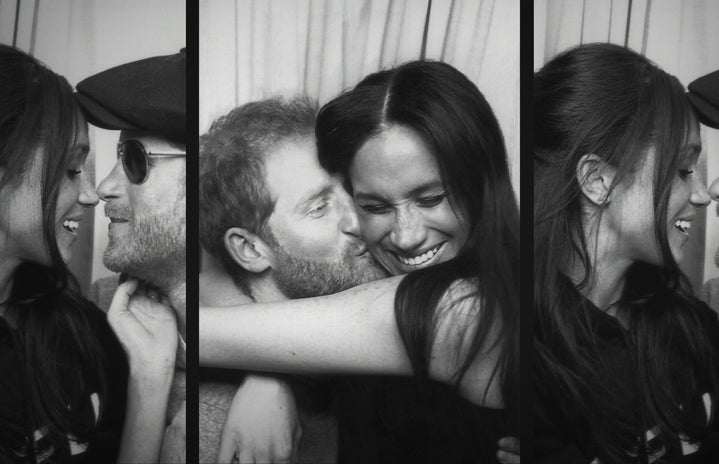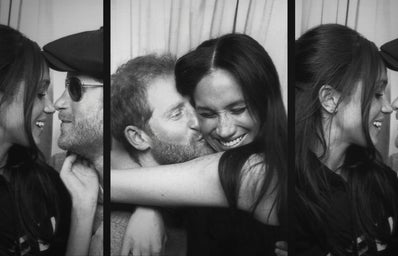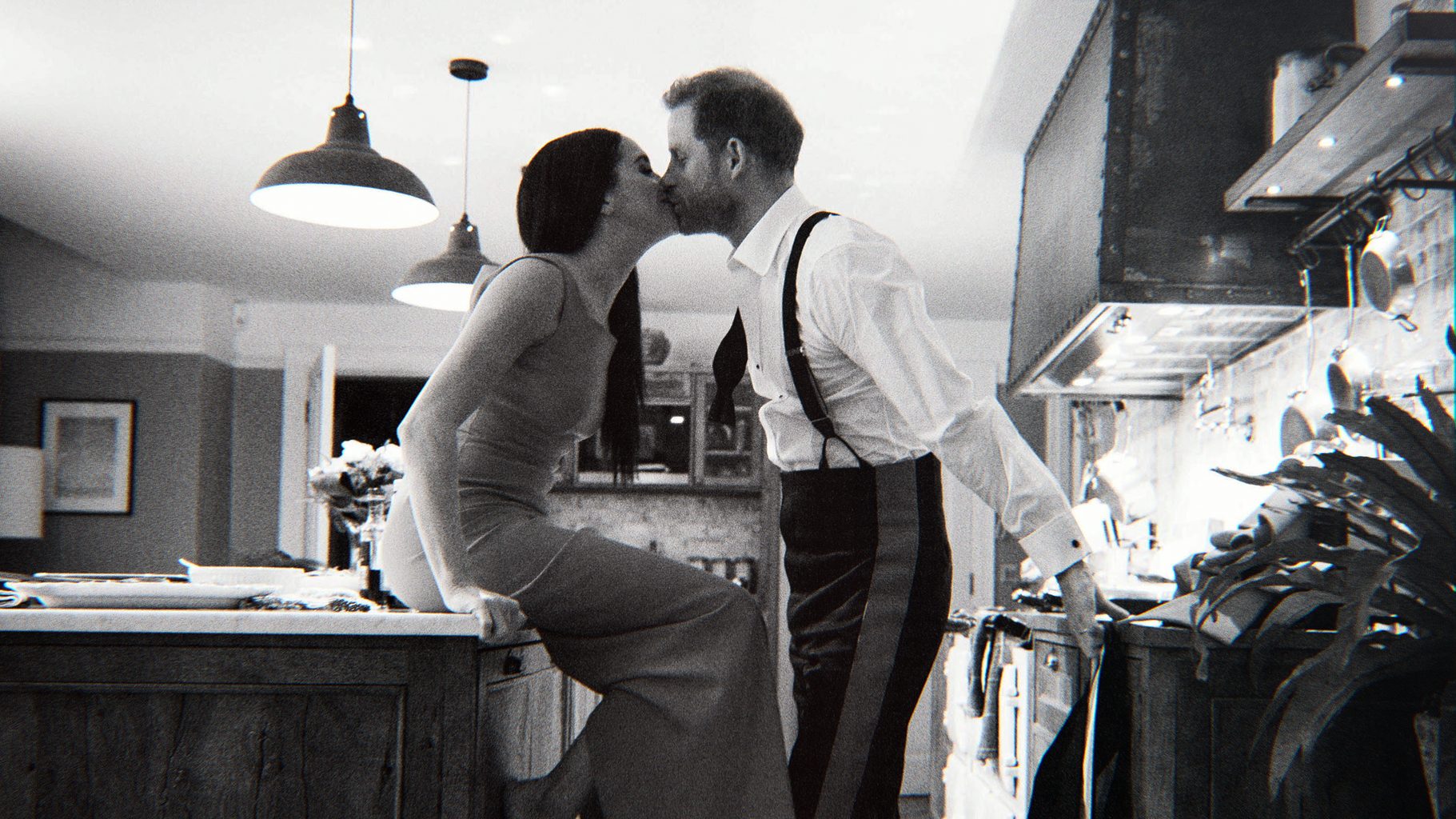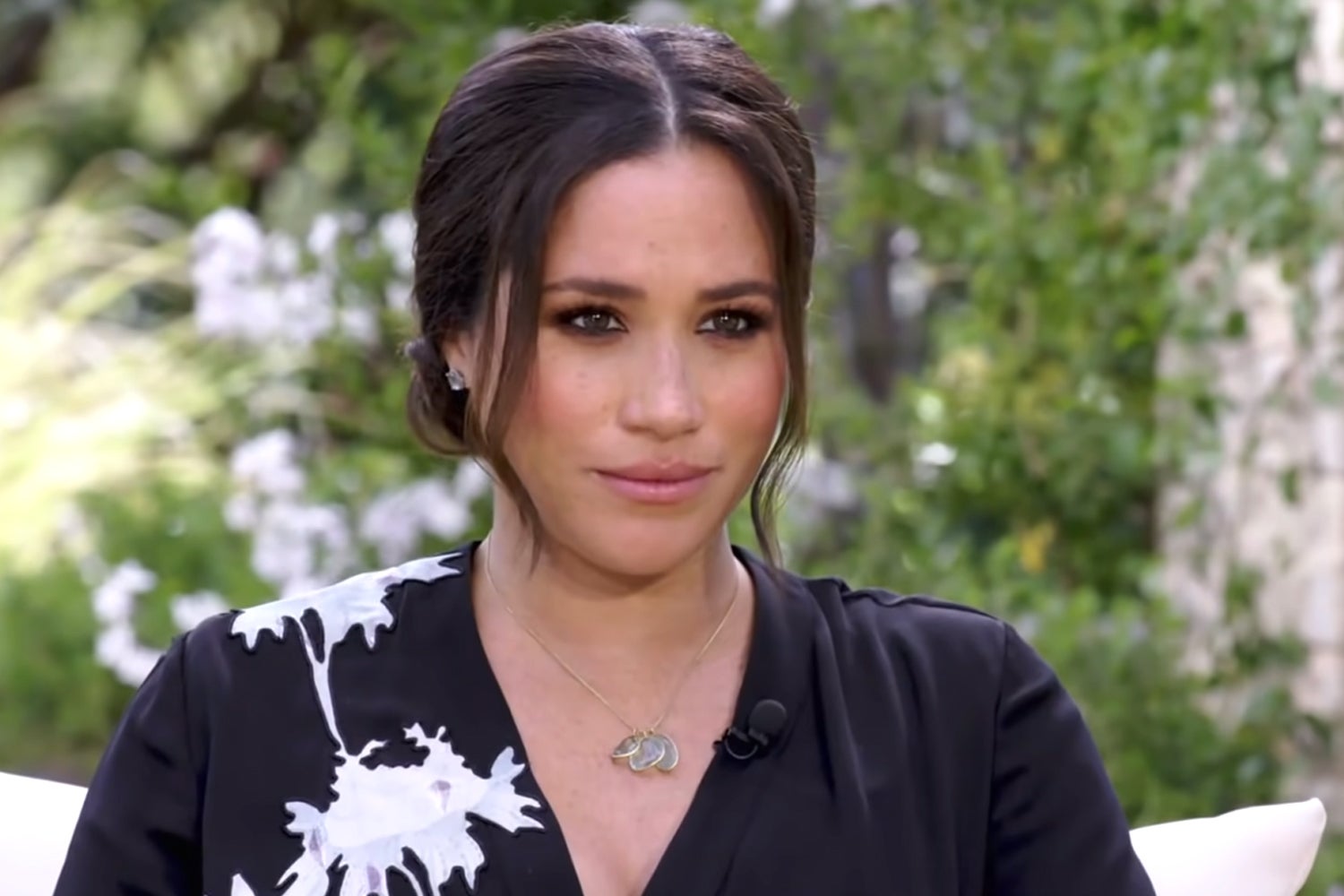Unless you are living under an extremely isolated rock, you have heard of Meghan Markle, the Duchess of Sussex, humanitarian, former actress and wife to Prince Harry. You have watched her love story through the heavily-controlled media lens of the world, seen her family move in what is arguably the most debated immigration case of humankind and even heard her voice through her Archetypes podcast, focusing on women’s empowerment and “the labels that try to hold women back.”
Just last week, the first three episodes of the documentary “Harry and Meghan” were released, following the pair “from their courtship to their exit from royal life.” There are bits of important historical context, personal anecdotes and never-before-seen content and interviews from their own perspectives, giving us an insight into the decisions and events leading up to their eventual decision to leave public service. It is entertaining given the sheer magnitude of a (former) royal’s “full” transparency.
A common thread and topic of discussion in the interviews is the element of race in their experience as a couple. And unless you are living under an even bigger rock of obliviousness and ignorance, you have seen the unfathomable hate spewed at Meghan from a range of demographics focusing nearly remotely on her mixed-race background. This is on ALL media platforms. Newspapers, news networks, social media apps, real-life conversations, interviews, etc. are all in on the demise of Meghan’s character and emotional well-being with parallels to Princess Diana’s experience (and we all know how that ended). Headlines with racially charged undertones such as claiming Meghan was “Straight Out of Compton” highlight the bigotry and lack of diversity weaved into the media and the misjudgments of leading publications around the world, but especially in the United Kingdom.
Through this character assassination, a more universally known and experienced reality was brought to light, one I tend to experience myself — the fluidity of racial identity in correlation to the demographic viewing you. I know, slightly confusing without personal experience, so let me explain.
I myself am a woman of African American and Puerto Rican descent, with a Black dad and a light-skinned mother. Now, both of these populations have a deep history in slavery and mixed relations dating back hundreds of years, explaining the rainbow of skin tones prominent in both. Much like Meghan, I have light skin myself, with a tendency to get extremely dark in the summer. I have naturally thick, curly hair, relaxed and worn in a variety of styles and lengths. I have smaller eyes and a round face, a curvier figure, and above-average height. All these characteristics make me me, in a physical sense.
However, how those around me at any given time perceive me has absolutely nothing to do with me and my truths and everything to do with them and the lens through which they see the world. In white spaces, I am other. In black spaces, I am Hispanic. In Hispanic spaces, I am black. On college applications, I am black. On the street, I am the hallmark of racial ambiguity, fully dependent on what I’m wearing, how my hair is done, how I do my eyeliner, who I am interacting with, and so on and so forth. In many areas, this is celebrated, certainly by me. I love my cultures, who I am and who was before me.
Although on an extremely magnified global stage, this is exactly what Meghan Markle explains as her experience in her Archetypes podcast episode, “The Duality of Diva with Mariah Carey.”
“And I think for us, it’s very different because we’re light-skinned. You’re not treated as a Black woman. You’re not treated as a white woman. You sort of fit in between. I mean, if there’s any time in my life that it’s been more focused on my race, it’s only once I started dating my husband. Then I started to understand what it was like to be treated like a Black woman. Because up until then, I had been treated like a mixed woman. And things really shifted.”
Practically overnight she went from a mixed girl in the eyes of society and the American entertainment business to the international representative of the entire black population around the world. She fell in love with a prince and what did we do, crucify her, limited her to labels and picked her apart.
Meghan is a white woman, a black woman and a mixed woman just as much as I am a Puerto Rican woman, a black woman and a mixed woman. Let us be just that.




